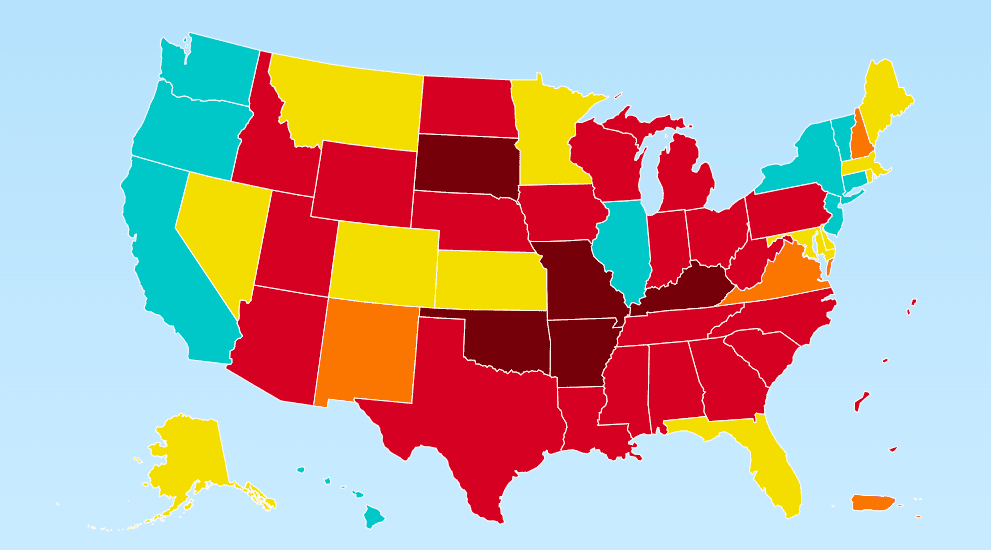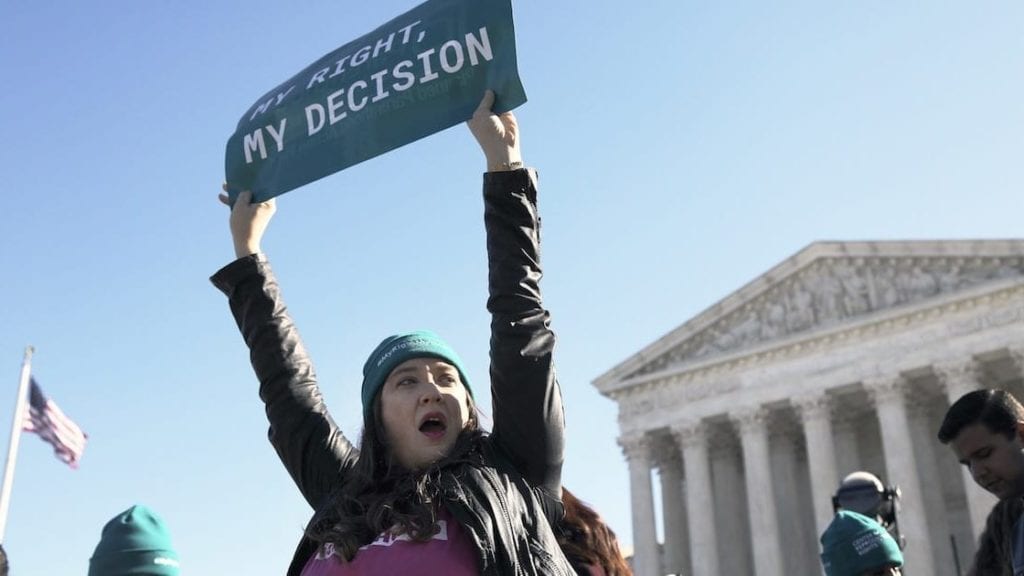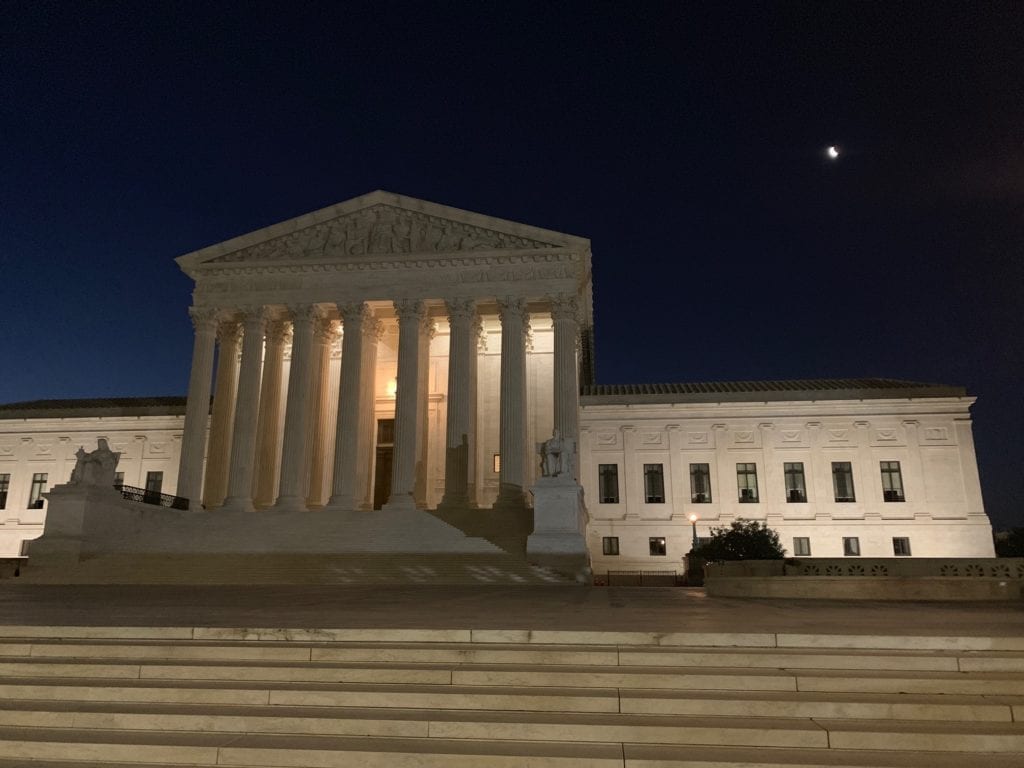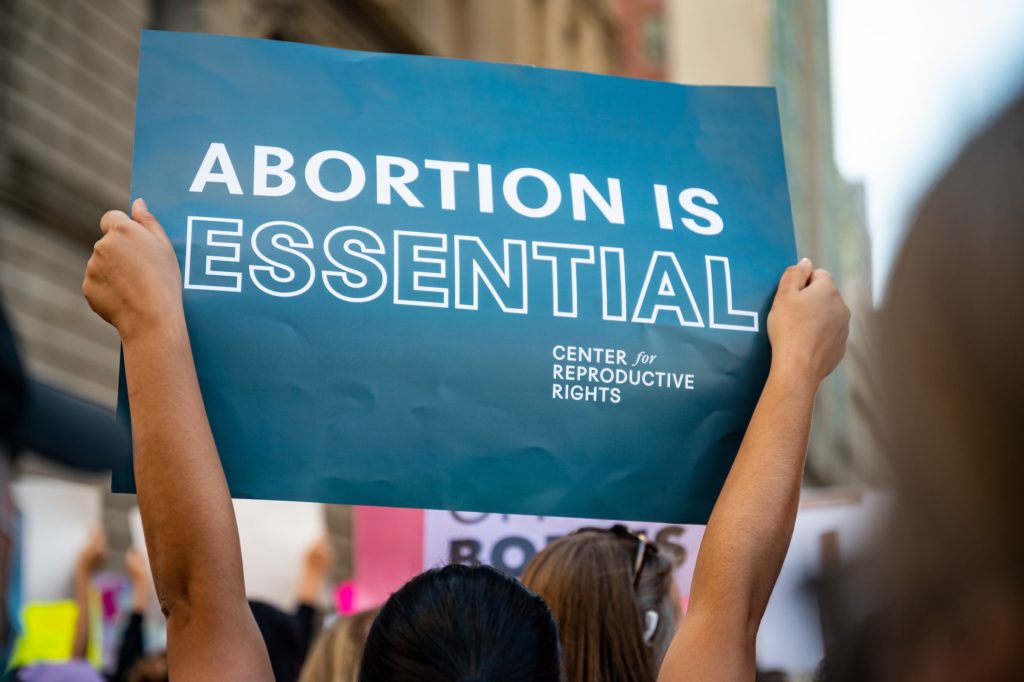As States Rush to Enforce Abortion Bans, the Center and Partners Work to Block Them
Providers in some states have been able to resume abortion care after bans are temporarily blocked.
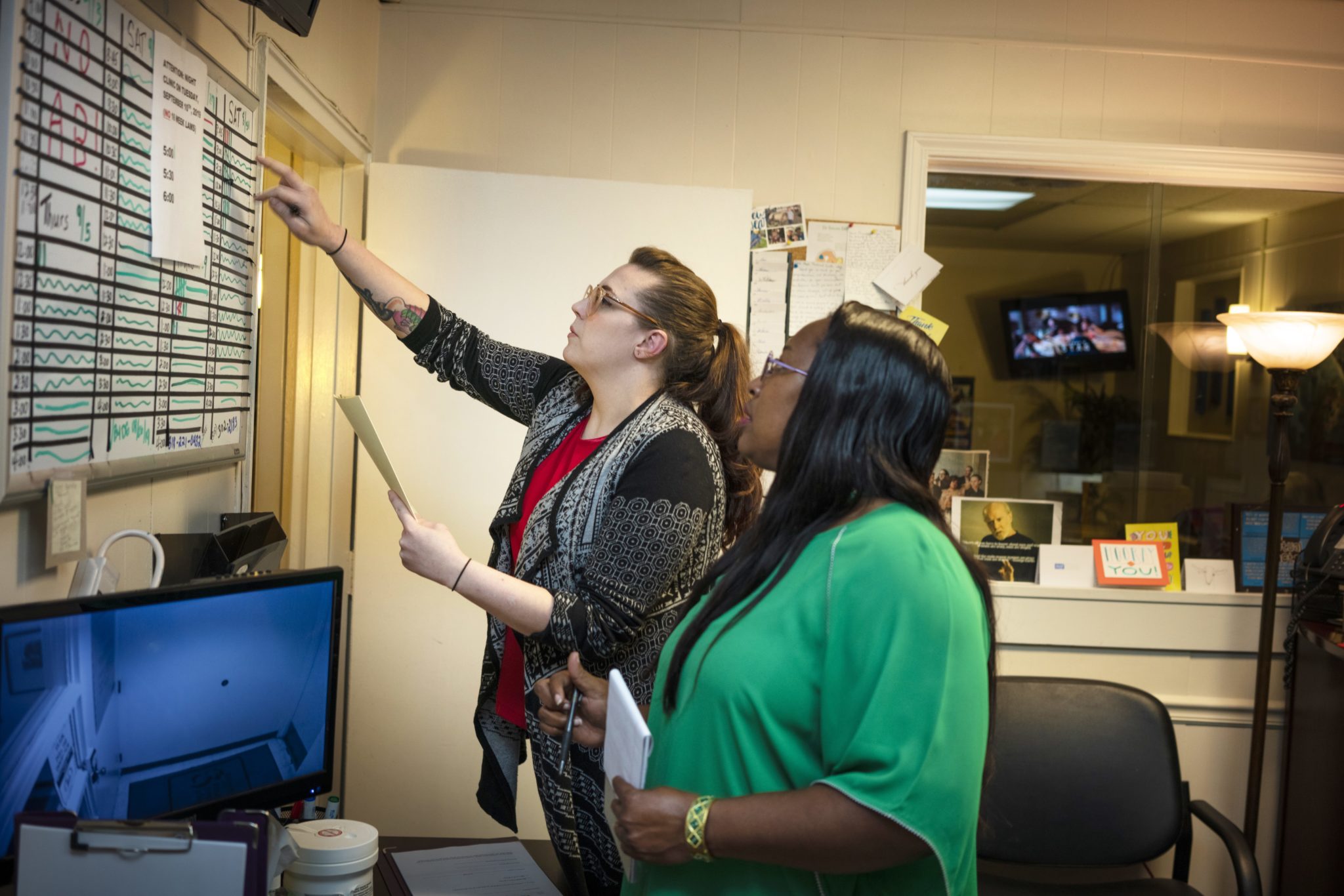
After the U.S. Supreme Court took away the constitutional right to abortion on June 24, anti-abortion states have rushed to implement abortion bans that were previously unenforceable. Bans on the books include “trigger” laws intended to take effect if the Supreme Court overruled Roe, “pre-Roe” abortion bans that were never repealed, and bans passed recently in anticipation of the Supreme Court’s ruling.
The Center for Reproductive Rights and its partners are working to block state bans from taking effect, and this week filed a flurry of lawsuits including challenges to bans in Louisiana, Mississippi and Texas.
So far, they’ve succeeded in obtaining temporary restraining orders blocking Louisiana’s trigger laws as well as Texas’s pre-Roe ban. A judge in Utah has also blocked that state’s trigger ban.
The orders blocking the bans allow abortion providers in those states to temporarily resume care while the cases proceed.
Which states are expected to ban abortion?
“What if Roe fell?” U.S. State Abortion Laws Map
Now that the U.S. Supreme Court has overturned Roe v. Wade, half the U.S. states are expected to ban abortion. Find out more by exploring this valuable interactive tool.
“Courts in Louisiana, Texas, and Utah are making the right and just decision to swiftly block these unjust bans from taking effect. It is incredibly welcome news during a very dark time in our history,” said Jenny Ma, senior staff attorney at the Center, who is leading the case in Louisiana. “This means that patients will still be able to access the essential health care they need—and every second that abortion is accessible counts.”
Hearings are scheduled on the requests by the plaintiffs for permanent injunctions against the bans in Louisiana on July 8 and in Texas on July 12. Texas has filed a motion to stay the temporary restraining order.
Florida Court to Block Ban
In another case brought by the Center and its partners, a Florida court indicated on June 30 that it would issue an order blocking the state’s 15-week ban on abortion, which is scheduled to take effect July 1. The case, Planned Parenthood of Southwest and Central Florida, et al. v. State of Florida, et al., filed June 1, argues that the law, HB 5, is unconstitutional under the Florda state constitution, which contains an explicit privacy clause that protects individuals’ right to privacy, including abortion. Read more about the Florida order here.
U.S. Supreme Court Takes Away the Constitutional Right to Abortion
On June 24, the U.S. Supreme Court paved the way for states to ban abortion when it announced its decision to abandon almost 50 years of precedent and take away the constitutional right to abortion. The ruling came in Dobbs v. Jackson Women’s Health Organization, a case challenging a Mississippi abortion ban.
“I started my medical career before Roe v. Wade and never imagined our country would go back to criminalizing doctors and preventing us from helping women,” said Dr. Alan Braid, an abortion provider and owner of Alamo Women’s Reproductive Services in San Antonio. “Abortion is a standard and necessary part of maternal health care. Nobody should be forced to travel across state lines for basic, time-sensitive health care.”
Read more:
- Florida Court Will Block 15-Week Abortion Ban, 06.30.22
- Louisiana Trigger Bans Blocked After Challenge by the Center and Partners, 06.27.22
- Texas Abortion Ban Challenged, 06.27.22
- Lawsuit Filed to Block Mississippi Trigger Ban, 06.27.22
- U.S. Supreme Court Takes Away the Constitutional Right to Abortion, 06.24.22
